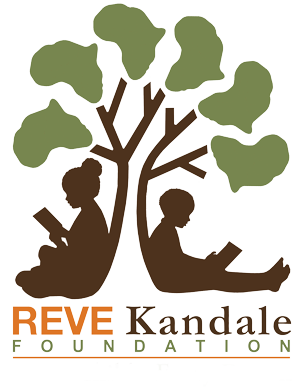Toward the end of July the town of Kandale is buzzing with the harvesting and grinding of millet. The solar powered grinders have been working full tilt and have been processing as much as 78 kilograms per hour. Millet is both a cash crop and a staple of the diet as it accounts for 80% of fufu and cassava accounts for the other 20%. Fufu is a bread like food that is eaten at all meals. In Kandale, and for much of Africa, there are only two seasons, the dry season and the rainy season. Presently the dry season is winding down and there has been no rain for 4 months. Food stocks are limited and the increased temperatures have impacted the millet harvest with some families having to sell off next year's seed stock to make ends meet.
School starts in the beginning of September and many families are presently trekking for days and nights, some 80 – 100 kilometers, to distant woods and savannahs to collect caterpillars to raise enough money for school fees, uniforms and books. Many young people left the village at the beginning of the summer to find work and raise funds as well. It is a challenging process and not an option for every family. In fact many families will often have to choose who will go to school and who will stay home to support them.
In 2016, a survey conducted by the regional health center, concluded that 1,700 school age children in the 25 surrounding villages were unable to raise the fees needed to go to school. Only less than 1000 attended. Truth be told, limited classroom space has also been a deciding factor. REVE Kandale Foundation saw this as a call to action and began building new classrooms in 2018 for the Kandale Primary School, in order to maximize access to education.
Upon their return, high school students will be receiving both an academic education and an education in classroom building. With the on-coming rains and storms the high school classrooms are in constant need of attention. Not only do students bring their books and minds to class, but they also bring palm fronds and branches to shore up the roofs.
The scenario is similar to building the boat while setting to sea. It is a precarious way to learn.
With an impressive track record under its belt, the REVE Kandale Foundation is presently fund raising to build 24 high school classrooms. In October, if all goes according to plan, work will begin to layout the foundations for these classrooms. Just like building the classrooms for the Primary School, it will be a step by step process. There will be 12 classrooms for each high school. At the Institut Gufwa Gubila, there will be 6 classes for Math and Physics and 6 classes for classes in pedagogy to educate the next round of primary school teachers. At the Lycée, there will be 6 classes for sewing and six classes for accounting.
Like all communities, Kandale is eagerly looking forward to the coming school year. The changes have been monumental these past six years. Yes, life is not a walk in the park, but all the improvements build hope and confidence that the future will bring positive change. A perfect example of this hope is the preparation for next year’s girls soccer match.
Watch the Mid-Year Appeal Video HERE,
for a better understanding of the current campaign
for the school construction project.





